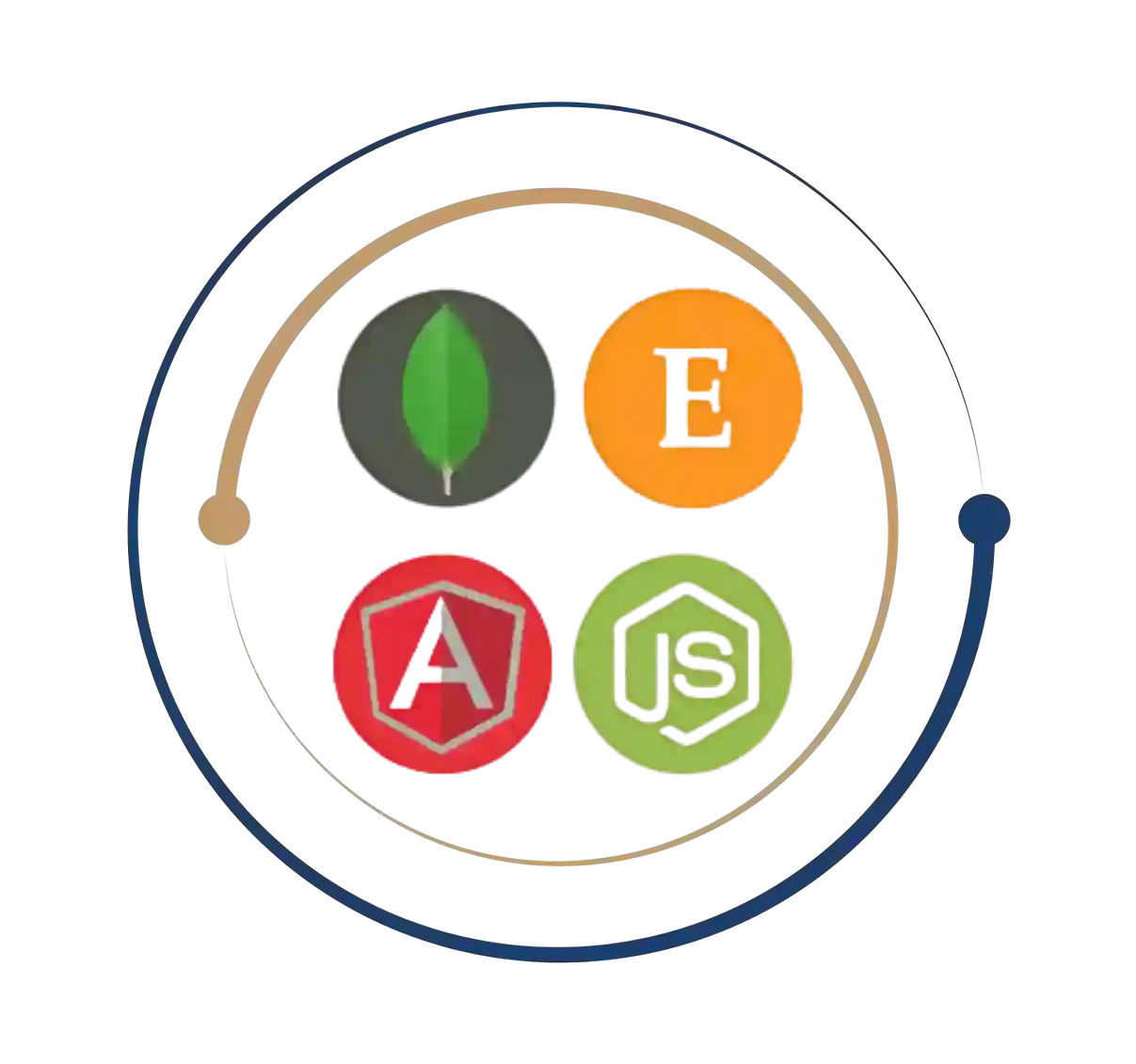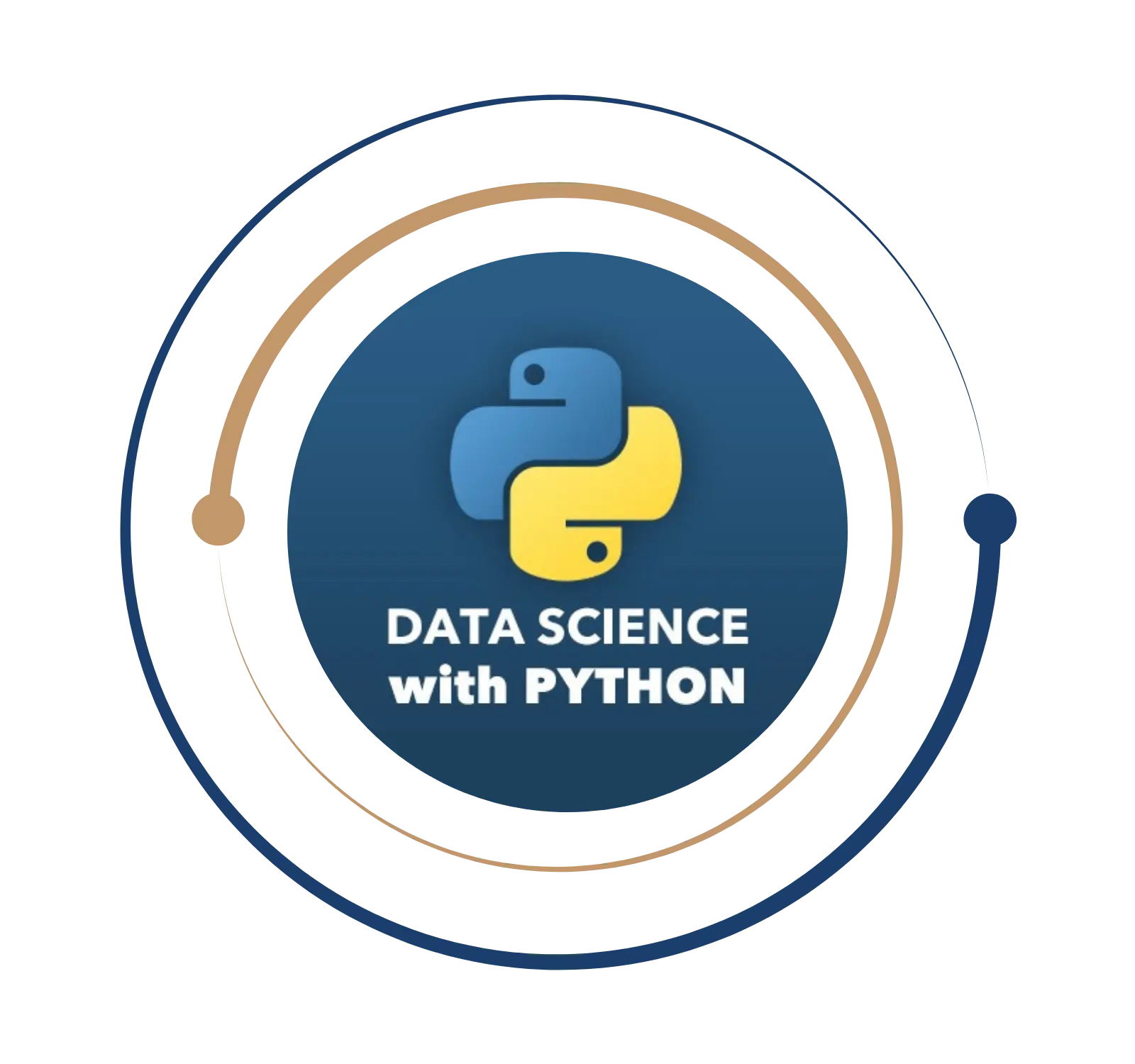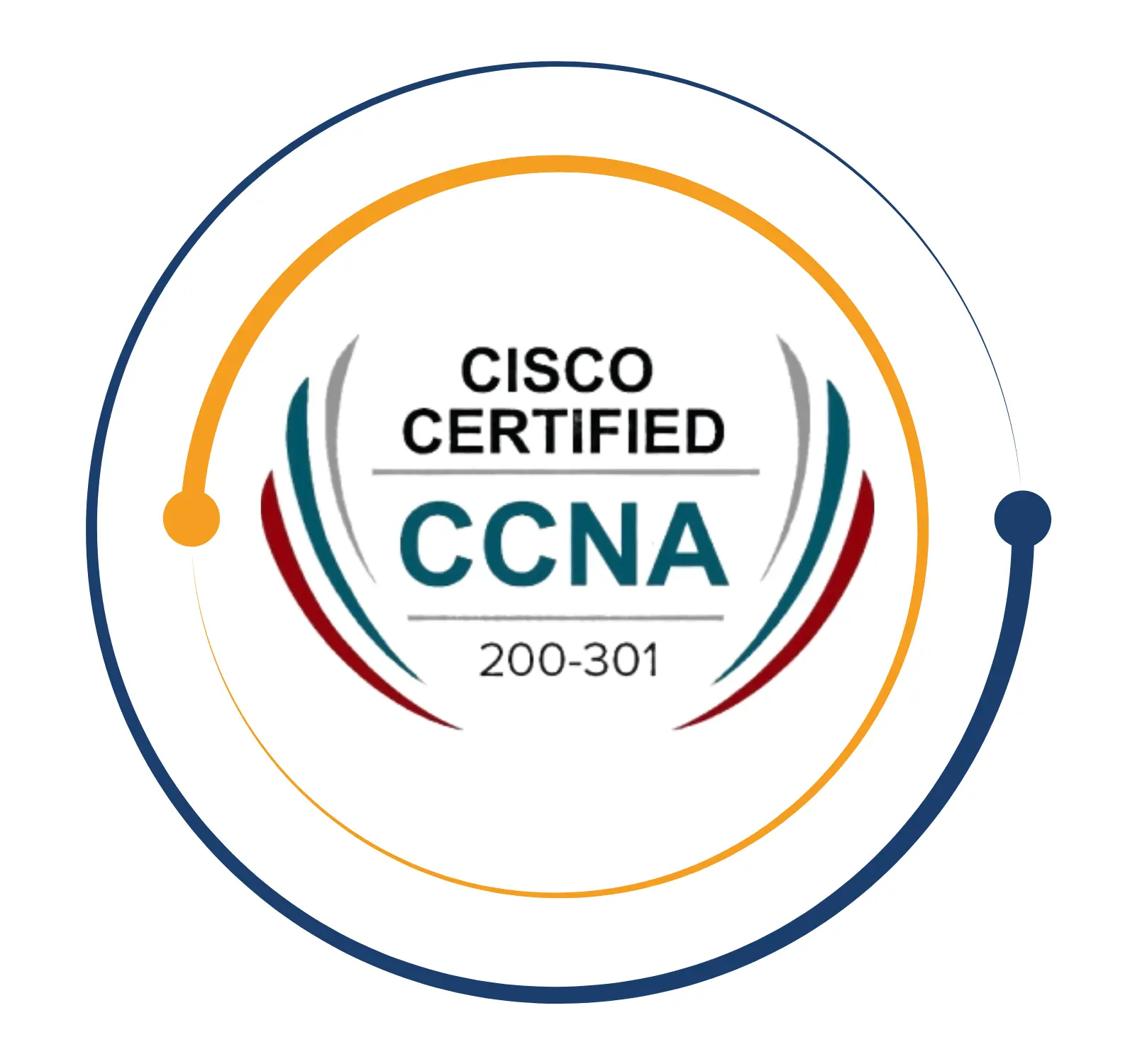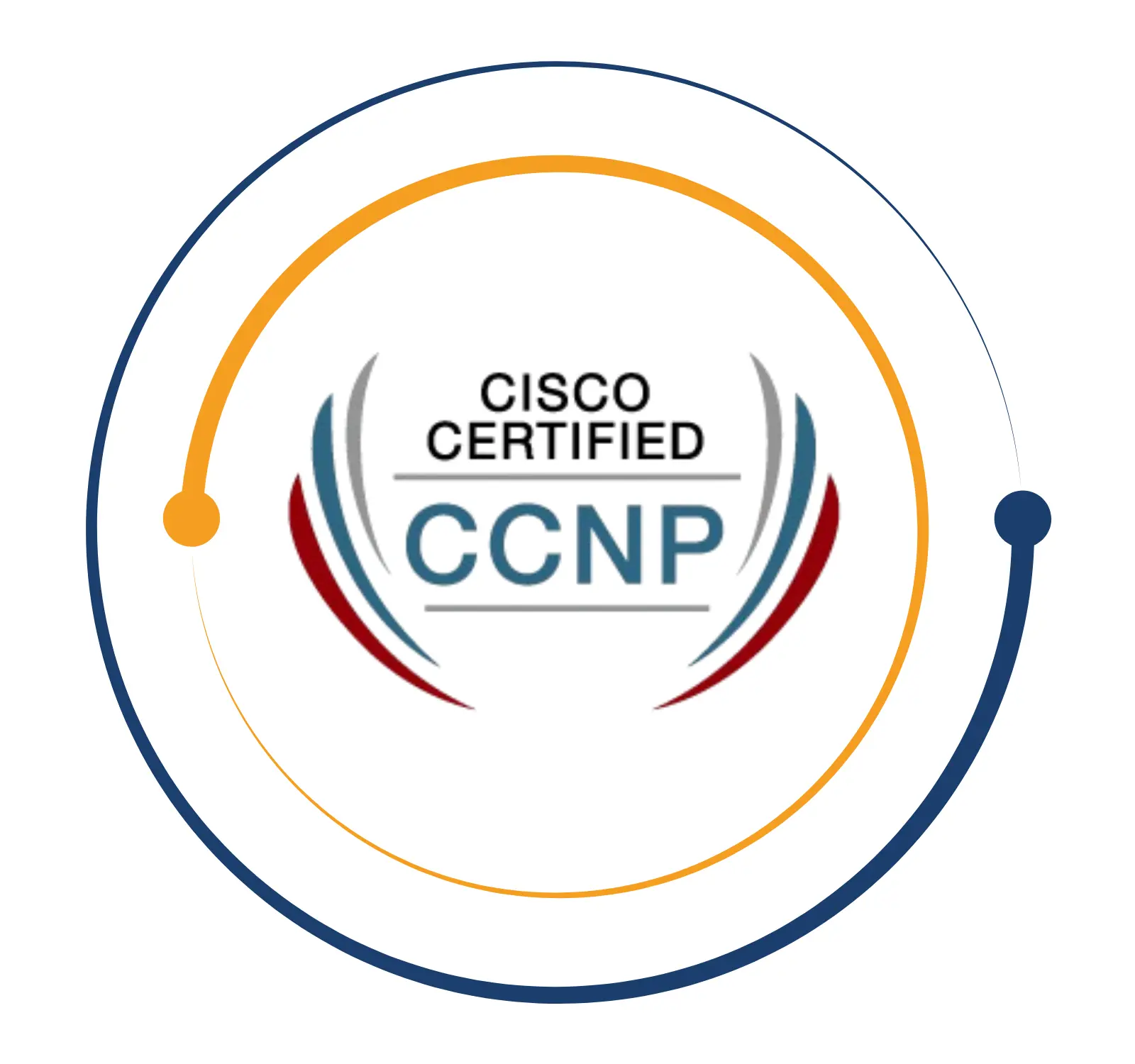Build scalable server-side applications with Node JS expertise
Node JS Training in Chennai
Are you considering earning your Certified NodeJS Developer designation? BITA offers the best Node JS training in Chennai to certified professionals. The syllabus covers the entire node setup and other software setup needed for this Node.JS Program using real-world projects and case studies. Our mentor will guide you as you become familiar with the Node JS Framework’s structure.
Node.JS is an open-source, cross-platform, back-end Node JS runtime development kit that executes Node JS code outside a web browser and runs on a Node JS Engine. It was created to help create scalable network applications. Node helps create real-time applications like chat, news feeds, and web push notifications that need a persistent connection from the browser to the server. Node JS code can be executed server-side using the open-source development platform Node.JS.
Node JS Training in Chennai
Are you considering earning your Certified NodeJS Developer designation? BITA offers the best Node JS training in Chennai to certified professionals. The syllabus covers the entire node setup and other software setup needed for this Node.JS Program using real-world projects and case studies. Our mentor will guide you as you become familiar with the Node JS Framework’s structure.
What is Node JS?
Node.JS is an open-source, cross-platform, back-end Node JS runtime development kit that executes Node JS code outside a web browser and runs on a Node JS Engine. It was created to help create scalable network applications. Node helps create real-time applications like chat, news feeds, and web push notifications that need a persistent connection from the browser to the server. Node JS code can be executed server-side using the open-source development platform Node.JS.
Roles and Responsibility of Node JS Developers
- Network applications are deployed and maintained by Node.JS programmers. They create back-end components, coordinate data exchange between servers and users, and link applications to other web services. They assist front-end developers as well by incorporating web-based programmes.
- All server-side network components development and maintenance.
- Ensuring the central database operates at its peak efficiency and is responsive to front-end requests.
- Working together with front-end programmers to integrate elements.
- Developing back-end services and user interfaces for various business processes.
- Developing testable, reusable, and effective code to create high-performance applications.
- Setting up efficient data protection, security, and storage measures.
- Performing diagnostic tests, fixing flaws, and offering technical assistance.
- Creating reports and documenting Node.JS operations, including database schemas.
- Recommending and putting into practise process and technology upgrades.
- Keeping up with developments in the Node.JS development community.
Node.JS is an open-source, cross-platform, back-end Node JS runtime development kit that executes Node JS code outside a web browser and runs on a Node JS Engine. It was created to help create scalable network applications. Node helps create real-time applications like chat, news feeds, and web push notifications that need a persistent connection from the browser to the server. Node JS code can be executed server-side using the open-source development platform Node.JS.
- Network applications are deployed and maintained by Node.JS programmers. They create back-end components, coordinate data exchange between servers and users, and link applications to other web services. They assist front-end developers as well by incorporating web-based programmes.
- All server-side network components development and maintenance.
- Ensuring the central database operates at its peak efficiency and is responsive to front-end requests.
- Working together with front-end programmers to integrate elements.
- Developing back-end services and user interfaces for various business processes.
- Developing testable, reusable, and effective code to create high-performance applications.
- Setting up efficient data protection, security, and storage measures.
- Performing diagnostic tests, fixing flaws, and offering technical assistance.
- Creating reports and documenting Node.JS operations, including database schemas.
- Recommending and putting into practise process and technology upgrades.
- Keeping up with developments in the Node.JS development community.
Get Instant Help Here
Node JS Certification course offers fundamental abilities for efficiently utilizing a wide array of Node.JS capabilities in-depth, giving you the solid skills and knowledge needed to create any Node.JS application or library. The essential fundamentals in this course equip students to work with all types of Node.JS and web applications. A necessary step in that process is certification, which enables certified developers to quickly establish their credibility and worth in the job market and businesses to find and hire top-notch teams to support their expansion. BITA’s Node.JS Training in Chennai will give you the confidence you need to ace your exams. Developers can use these courses to get ready for the Node.JS certification exams.
- Node JS Application Development
- Node JS Service Development
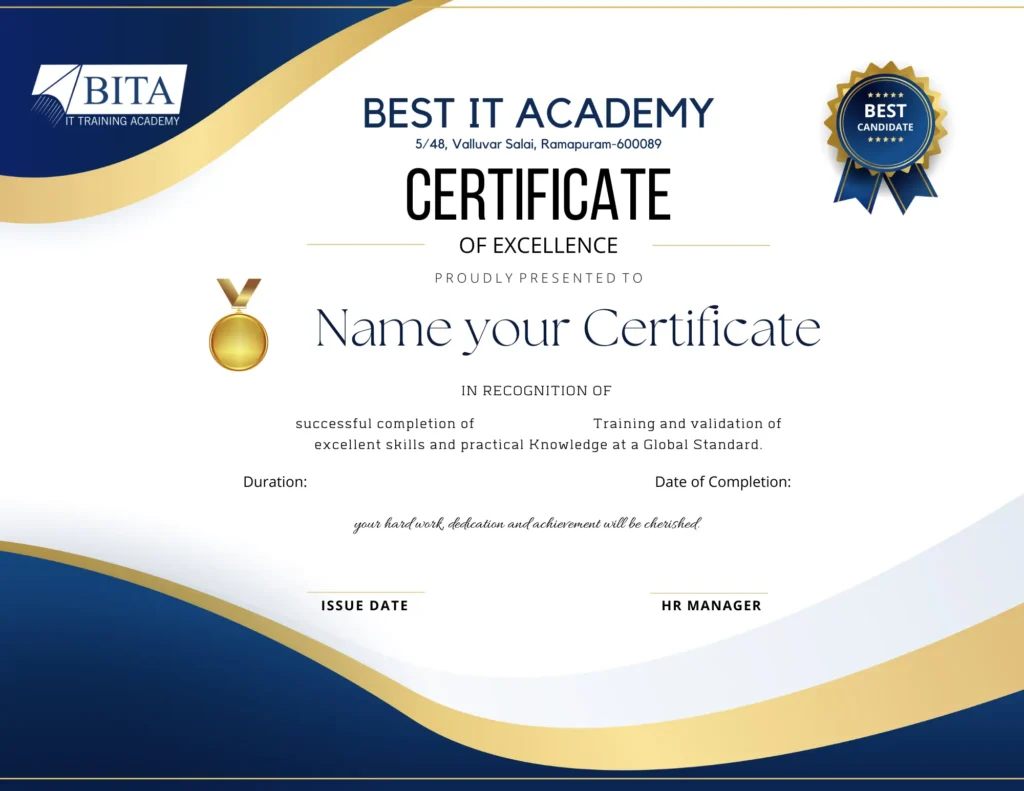
These Node.JS experts have exciting career options in product development, game development, and app development. Most people begin their careers as front-end developers at the entry-level, creating applications using HTML, Node JS, and CSS. Then, different technologies must be embedded into the project and node to make things more powerful and practical. One such technology is JS. As senior developers, candidates who have worked with this technology for 5–6 years are typically promoted to team leads, scrum masters, architects, and product owners. People favour moving into management-based positions usually end up as line managers, team managers, or people managers. The average annual salary for a Node JS Developer in India is 5.0 Lakhs, with salaries ranging from 1.8 Lakhs to 12.4 Lakhs.
The following are some of the job positions in Node JS
Job you can land with Node JS
What you will learn?
- What is Java Script Event driven Program?
- What is Node Event driven Program?
- Where is Node.js Commonly found?
- What makes up Node.js?
- Define an application and Manage Dependencies
- How to assemble a Development Tool Set.
- Basics of Web Server
- How to set up a router?
- How to send request?
- Handling HTTP requests
- Editors and Code Files
- Variables and Block Scopes
- Arrow Functions
- Branch and Loops
- Object Literals
- Destructuring and Rest/Spread
- Template Strings
- Classes
- What is Node Package Manager?
- The NPM Command
- The Package.json and package-lock.json Files
- Semantic Versioning (SemVer)
- How to install and use NPM Packages?
- How to create and publish a NPM Package?
- NPX and the NPM Run Scripts
- How to Update NPM Packages
- Define and Use Node Modules
- Examples of Module API’s
- Node’s Global Object
- The Event Loop
- Difference between Errors and Exceptions
- Node Clusters
- What is Node’s Asynchronous Patterns?
- Event Emitters
- How to Configure Routes?
- How to make an Express Web application?
- File System Security Issues and Measures
- Monitor Files for Changes
- The “req” and “res” objects
- Node Web Frameworks
- How to use Template Languages?
- NPM Module Directory Structure
- Create NPM Custom Module
- Publish Custom NPM Module to NPM Repository
- Debugging Node Applications
Weekdays
Mon-Fri
Online/Offline
1 hour
Hands-on Training
Suitable for Fresh Jobseekers
/ Non IT to IT transition
Weekends
Sat – Sun
Online/Offline
1.30 – 2 hours
Hands-on Training
Suitable for IT Professionals
Batch details
Week days
Mon-Fri
Online/Offline
1 hour
Hands-on Training
/ Non IT to IT transition
Sat – Sun
Online/Offline
1:30 – 2 hours
Hands-on Training
Why should you select us?






Why should you select Us?










